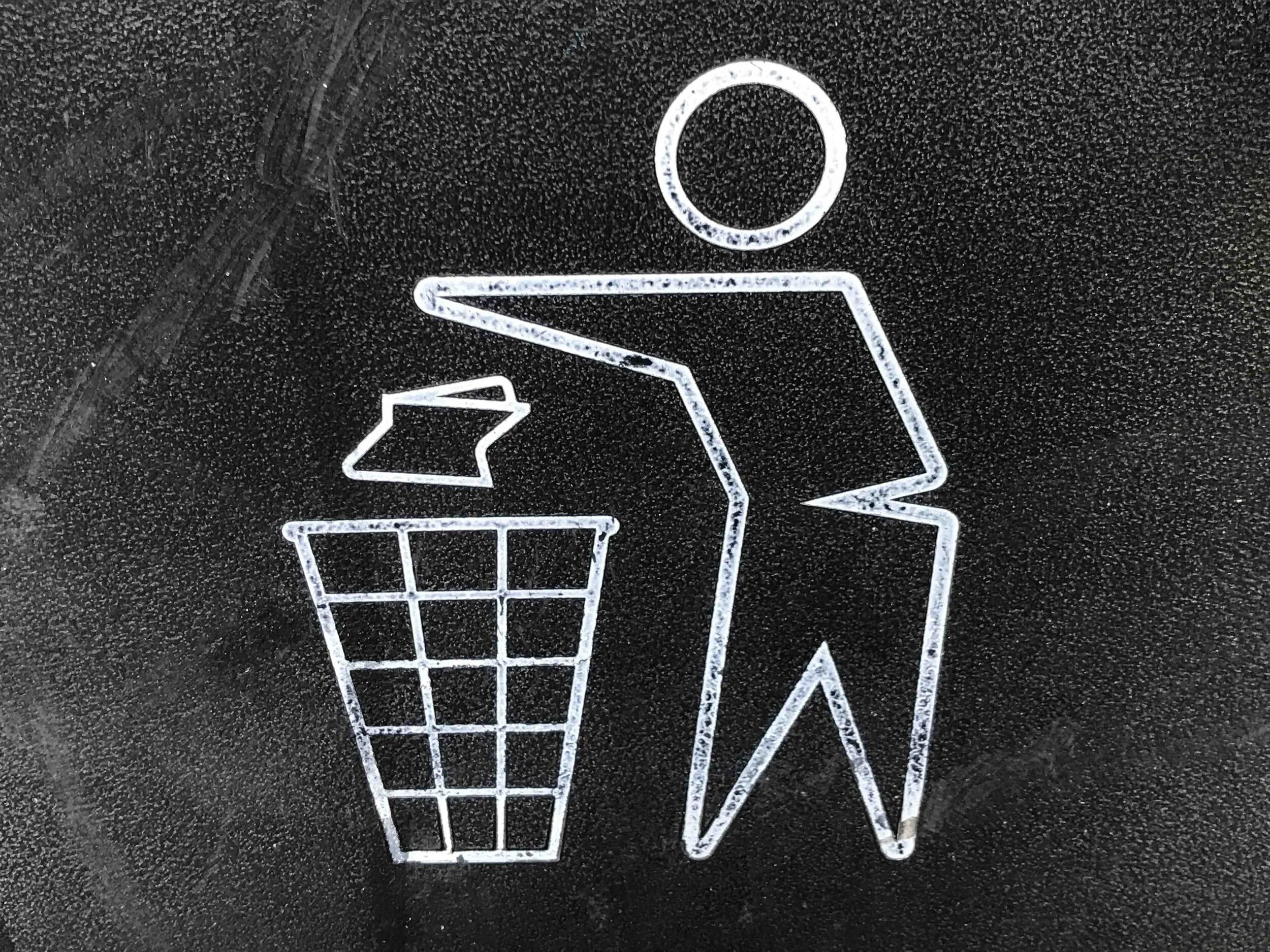Eliminate This Word to Set Goals You'll Stick With
Some of us write the same resolutions each year. Others wake up every Monday vowing that this is the week they start jogging. These goals sound sensible, but something gets in the way of achieving them.
There are many reasons to fall short of a goal - especially when that goal is big, ambitious, and challenging - but often it's more about commitment than capability.
Start with clarity
Setting better goals or learning about habit change can help but before doing any of that, ask yourself this question: Why?
Why did you set this goal? Why do you want to make this change? Why is this important to you? Keep asking until you get to something that feels compelling. You know when you’re being honest with yourself, dig deep!
And here’s the key: as you consider your response, watch out for the word should.
If you're only doing something because you think you should, that tells me your heart is not in it. Should is the first word in a pair with (the often unspoken) but. The subtext of should is something like "I guess I should be doing that, but I don't want to." Or "but I don't know how to get started." Or even, "but I'm afraid that I might fail."
Whenever I hear “should” come up in a coaching session, an alarm rings and my brain is filled with follow-up questions: Why should you? Who says you should? And most importantly, do you want to? So if you found any shoulds lurking in your reasons, give yourself a quick self-coaching session before moving on.
Get rid of the shoulds at work, too
This doesn’t apply only to personal goals. Sometimes people tell me that they can’t get rid of the “should” because they didn’t set this goal for themself, it was assigned to them by their manager. But getting clear on your connection to a target is less about who sets it and more about defining what it will mean to you when you achieve it.
Here are a few questions that might help eliminate should from your targets at work, too: How will it move you forward in your career development? What other benefits might you gain from accomplishing this goal (for example, could you earn a bonus and take the trip you’ve been dreaming about)? Will you feel fulfilled by the positive impact your work has on the lives of your customers?
External accountability can be a helpful tool but at the end of the day, the most important commitment you make is with yourself. If you’re not fully bought-in, you’re only paying lip service to your goals. Deep down you know you’re not ready to make a change and no one can do the work for you.
Reframe your goal
Try it out by rephrasing the sentence. For example, instead of saying "I should eat better" say "I want to eat better." Trust your internal BS detector and if that statement rings hollow, admit that it's not something you want to work toward. In some cases, it’s OK to stop there but maybe there's another approach or a different goal that will move you in a similar direction.
Test a few variations until you find the one that resonates for you. Then, strengthen your resolve by asking one additional question: what impact will achieving this goal (or change) have on my life? The more detailed you can be in this vision of the future, the better.
When you're connected with the positive impact your efforts will make, it's easier to keep going when setbacks or difficulties occur. And of course, they will! If there was no discomfort along the way you would have smashed this goal a long time ago. The difference now is that you have a more compelling reason to stick with it.
If you like our content, join our mailing list and receive our latest startup stories, market insights and job trends for Japan’s tech market.
























